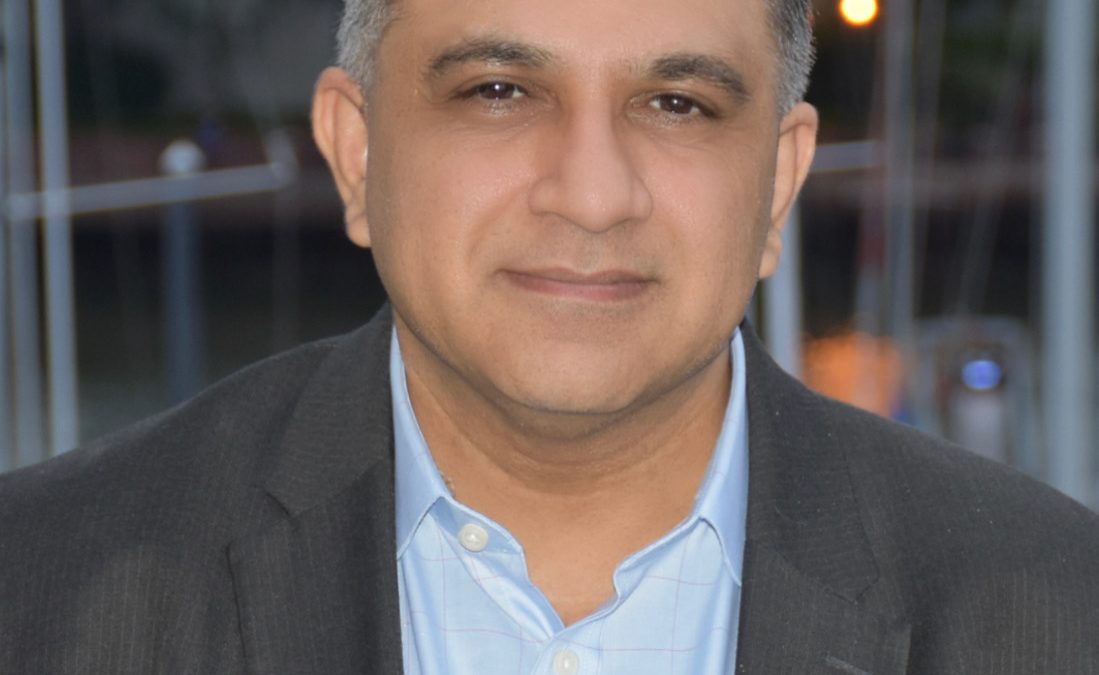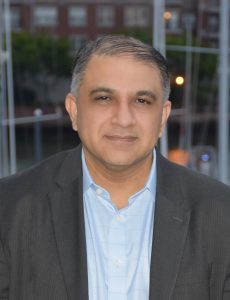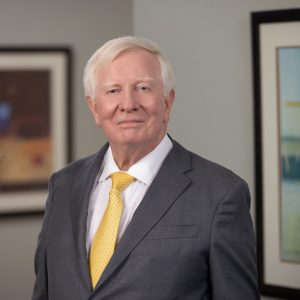Executive Leadership Series: It’s All About Focus, Execution and Accountability—On the Organization, Team Members and Patients

 Mohamed Ladha
Mohamed Ladha
President and General Manager
Recordati Rare Diseases North America
When Mohamed Ladha joined Recordati Rare Diseases a year ago to run its North American organization he brought with him a wealth of experience at biopharma companies focused on oncology, hematology and specialty care around the world, from North America to the European Union to Emerging Markets (Asia, Latin America, Commonwealth of Independent States and others).
Now, as the head of the Bridgewater, N.J.-based Recordati Rare Disease division, Mr. Ladha is leading a team that’s “focused on the few”—Recordati’s motto—who suffer from rare diseases, from acromegaly, Cushing’s disease to a rare cancers and inherited metabolic disorders. In an interview with Ashton Tweed, Mr. Ladha discusses launching products around the world, how he gets to know a new company and cross-functional direct reports, and his advice for moving up the career ladder.
Ashton Tweed: You’ve worked in oncology drug development for much of your career. How did you become interested in that field?
Mohamed Ladha: It all stems from my background. I was trained in biological sciences in Boston and I got interested in oncology initially when my mom was diagnosed with the early stages of breast cancer. She was diagnosed early enough that she received the right level of treatment, but she was a patient for almost seven years. I was always interested in science and her experience helped direct me to what I was really interested in. I also find research fascinating because it’s so complex. I like to solve problems and cancer biology is an area where I can make a contribution.
AT: Before joining Recordati, you were at Oncopeptides, a biotech company that develops hematological disease therapies. Why did you decide to move on to Recordati, a rare disease company?
ML: I joined Recordati in part because cancers are among the rare diseases the company addresses. Recordati’s rare disease portfolio has three therapeutic areas—endocrinology, inherited metabolic diseases, and rare indications in oncology. What brought me to Recordati beyond that is the need to challenge myself in a new area—I had never worked with rare diseases although I’ve worked with rare indications. To me, this is an area of high unmet needs, where there’s still a lot of science that needs to be to be tapped into. Couple that with the portfolio Recordati has—in the U.S., we promote seven products and we’re growing across the three therapeutic areas. Recordati presented a very unique opportunity that I don’t think exists very often.
AT: As the head of Recordati’s North American division for the past year, what has been your biggest achievement at the organization so far?
ML: I think my biggest achievement is the success of my team. If they are successful, I’m successful.
AT: What has been your biggest challenge?
ML: The biggest challenge for me is restraining my aspirations (he laughs). I think that my biggest challenge is to ensure that I run a marathon, not a sprint. There’s a “we” in everything we do—that’s my motto. But at the same time, I need to ensure everybody is synchronized to get there.
AT: How do you ensure everyone is synchronized?
ML: It starts with having a vision that everybody buys into—to be the leading rare disease organization in North America. In addition, the North American Leadership Team has a commitment statement for all employees—to create an environment that inspires and motivates all our people to help patients with rare diseases. To meet this goal, we focus on four areas: 1) we prioritize strategies and resource allocation to execute; 2) we work efficiently; 3) we ensure ethical and compliant behaviors; and 4) we deliver on our commitments.
We’ve also set three priorities to create a likeminded team: 1) be very patient-focused in everything we do from patient diagnosis to treatment 2) establish tangible key performance indicators and 3) create a culture where everybody feels they are working collaboratively.
AT: You’ve worked at numerous pharma companies for varying lengths of time over the course of your career. How do you get to know your new company and new direct reports?
ML: The first thing I do is listen. I spend the first month or so just listening to people—listening to understand, not listening to respond. So, my first job is listen to understand my direct reports’ responsibilities, challenges and opportunities. The next step is to bring the team together to get their collective thoughts and tell them what I’ve heard from them to see if this represents what everybody thinks. This helps everyone to see what issues we need to work on. Then, to build confidence and trust in the team, I ask them to come up with solutions for the issues identified. I ensure we are all aligned with those solutions and that the team knows I’m there to help them and remove any hurdles.
AT: You’ve been involved in launching products around the world, in countries with differing drug approval processes. What have you learned from those experiences?
ML: I would never say I know each market to the nth level, but I do understand that there are nuances and challenges in each market. The best thing I can do is hire the right people who understand the markets, ensure that I understand what the hot button items are and utilize local expertise. This allows me to do several things—build local trust, gain the team’s commitment to meet the company’s business and financial goals and guide them through the process without becoming overbearing.
AT: You’ve had positions with increasing authority over the course of your career. Do you have any advice on how to move up the career ladder?
ML: I would tell my 23-year-old son, for example, to focus on what you can learn from a great mentor, make sure you’re working for the right person who will help you build a passion for what you’re doing. If you’re not passionate about what you’re doing, I believe it won’t be easy to accomplish the things you want to accomplish. Also fundamental to setting yourself up for success is bringing your energy, effort, teamworking skills, intelligence to everything you have to get from point A to point B. What’s also critical is flexibility. Make sure that, as you receive new information, you are willing to adapt.
Mr. Ladha joined Recordati Rare Diseases from Oncopeptides, where he served as General Manager and Executive Vice President for the U.S. Region Business Unit. Mr. Ladha has held numerous leadership positions at pharma companies including Vertex Pharmaceuticals, Pfizer Inc., Schering-Plough Corp., Merck & Co., Hospira, ARIAD Pharmaceuticals, Takeda Oncology, and Tocagen Inc. He earned a B.A. from Hampshire College and professional/graduate degrees from Harvard University’s Kennedy School of Government and Northwestern University’s Kellogg School of Management. Mr. Ladha and his wife live near Bridgewater, N.J., and have three sons. He enjoys spending time with family, cooking, walking, reading about history and geography and traveling.
###





